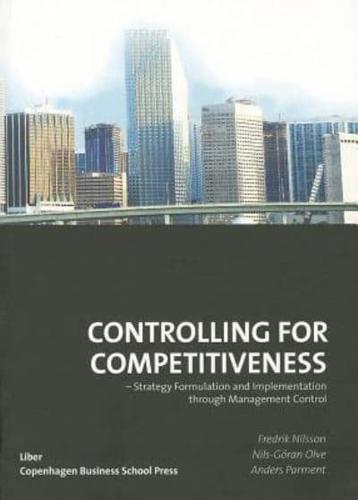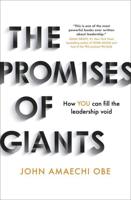Publisher's Synopsis
Organizational strategies are important in today's highly competitive environments. Businesses, as well as public sector organizations, need a unifying logic, which emerges out of dialogue among its members and also guides their actions. An organization's 'control system' has potential to become a key to this. Controlling for Competitiveness describes how management control is crucial in mobilizing, using, and communicating the knowledge and skills of managers and employees. Controllers should design situation-specific control systems, assuring that actions will be based on appropriate information and incentives. Enterprise systems facilitate coordination and information exchange, thus enabling the development of a consistent and congruent strategy throughout the organization. The involvement of all levels of management - as well as most employees - in this process creates motivation and commitment to the organization's strategy. It also prepares for executing strategy through a creative use of metrics, decision tools, and clarified responsibilities. The book underlines the need to understand management control as part of the organization's control mix (control package). It provides numerous examples of how systems and people interact in shaping a strategic focus in private as well as publicly-owned organizations. In addition to the authors' research experiences, the book is based on recent interviews with 16 leading complex organizations in the private and public sector.









